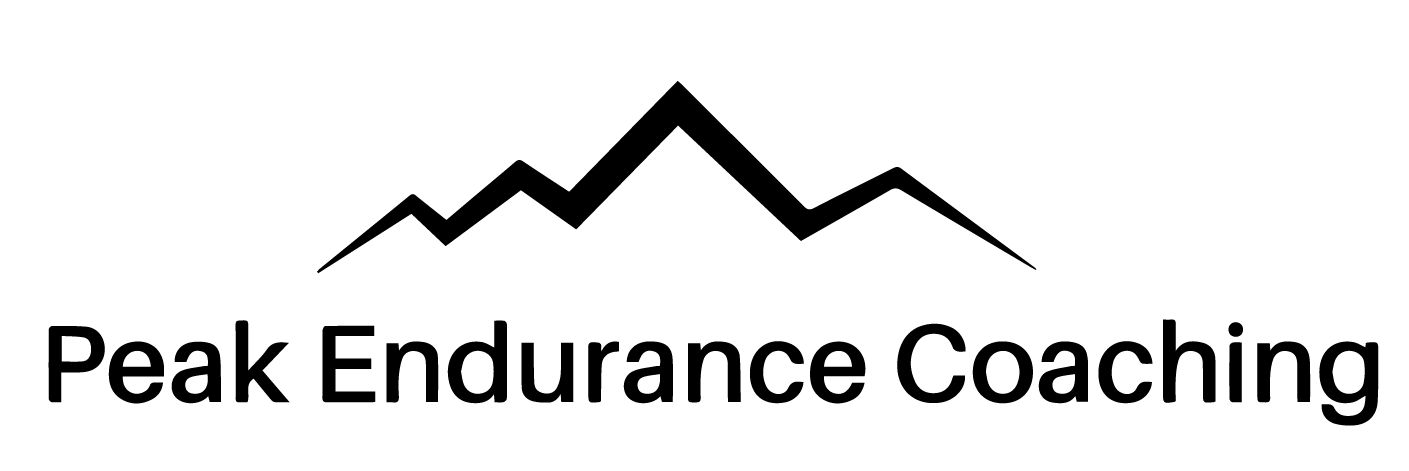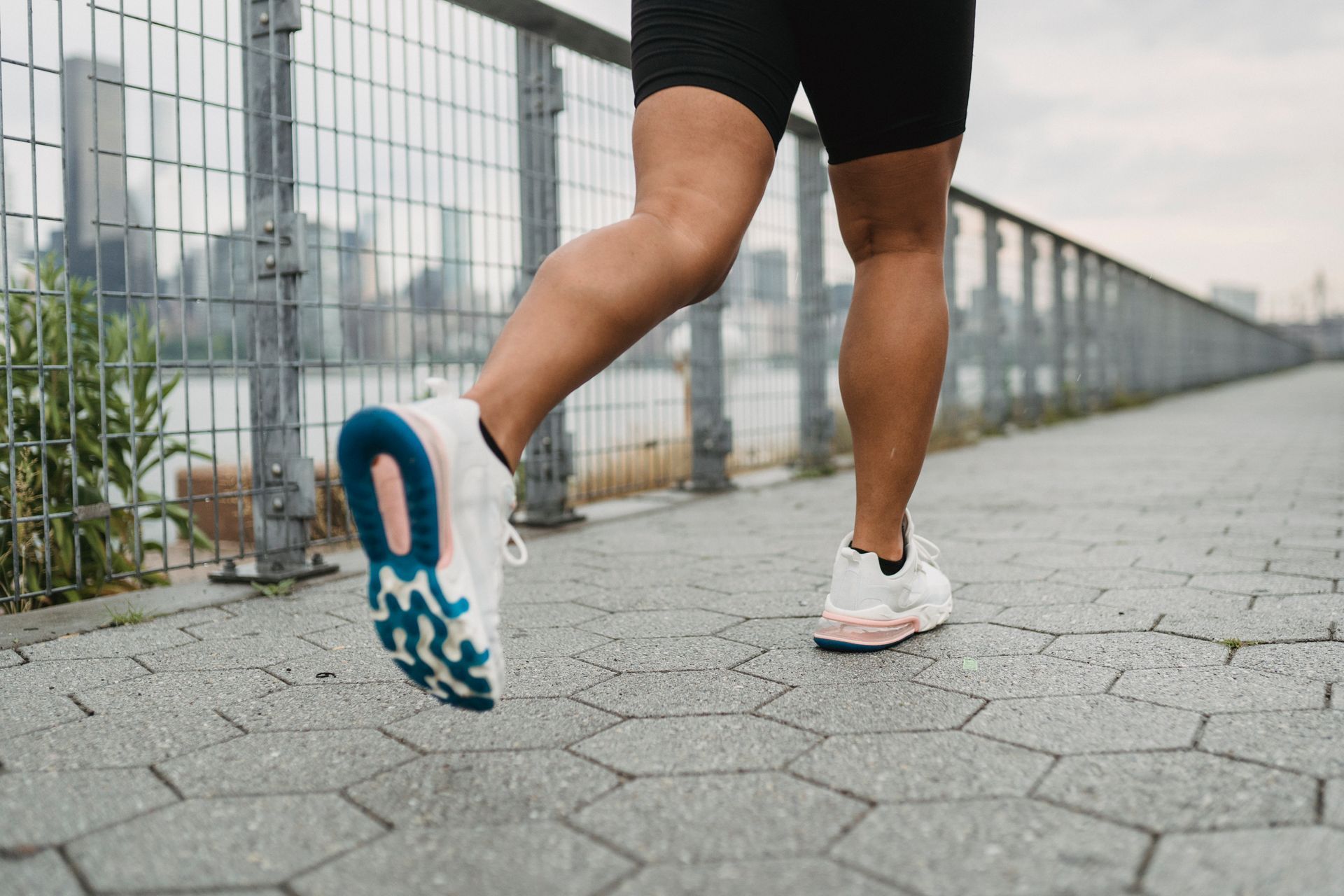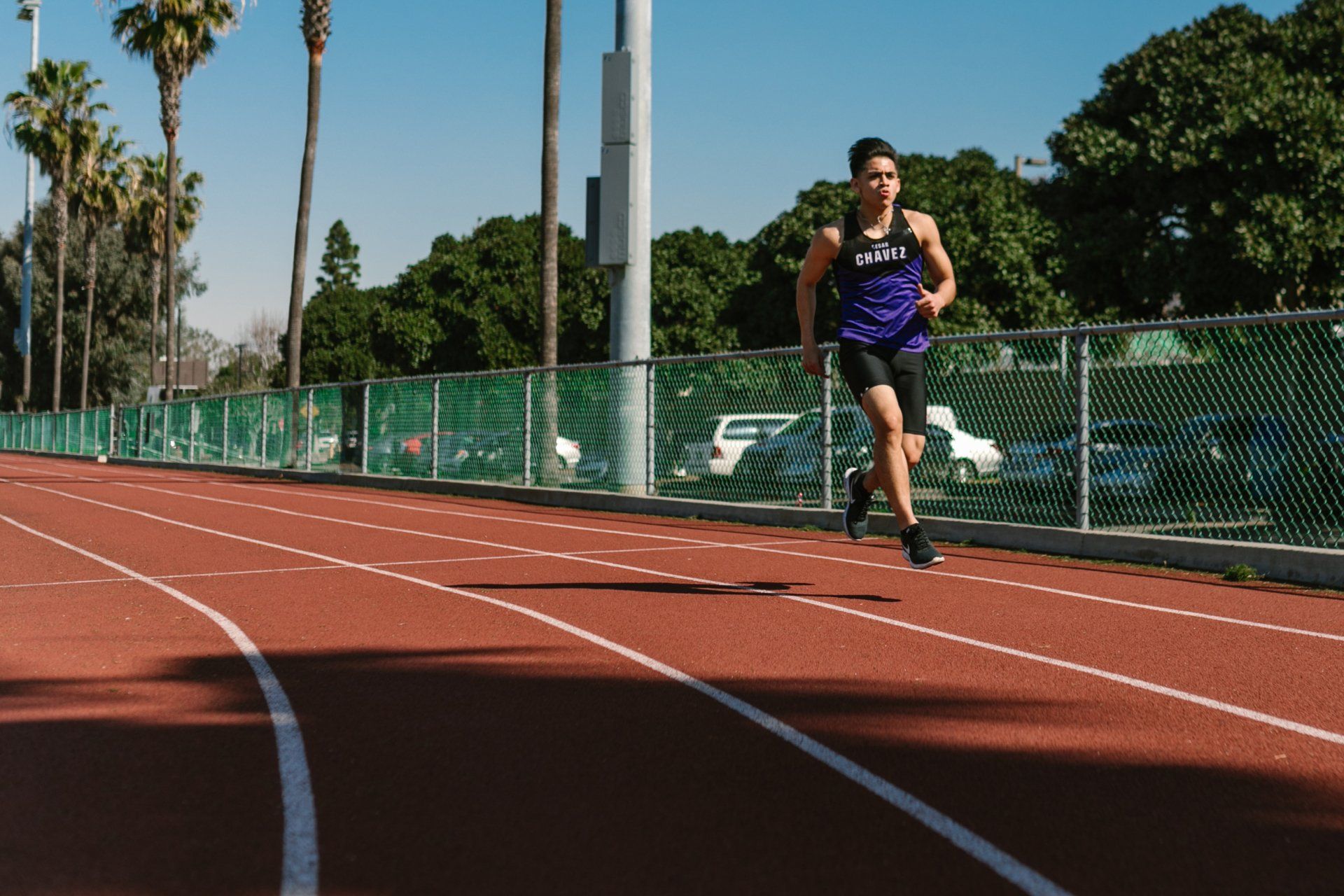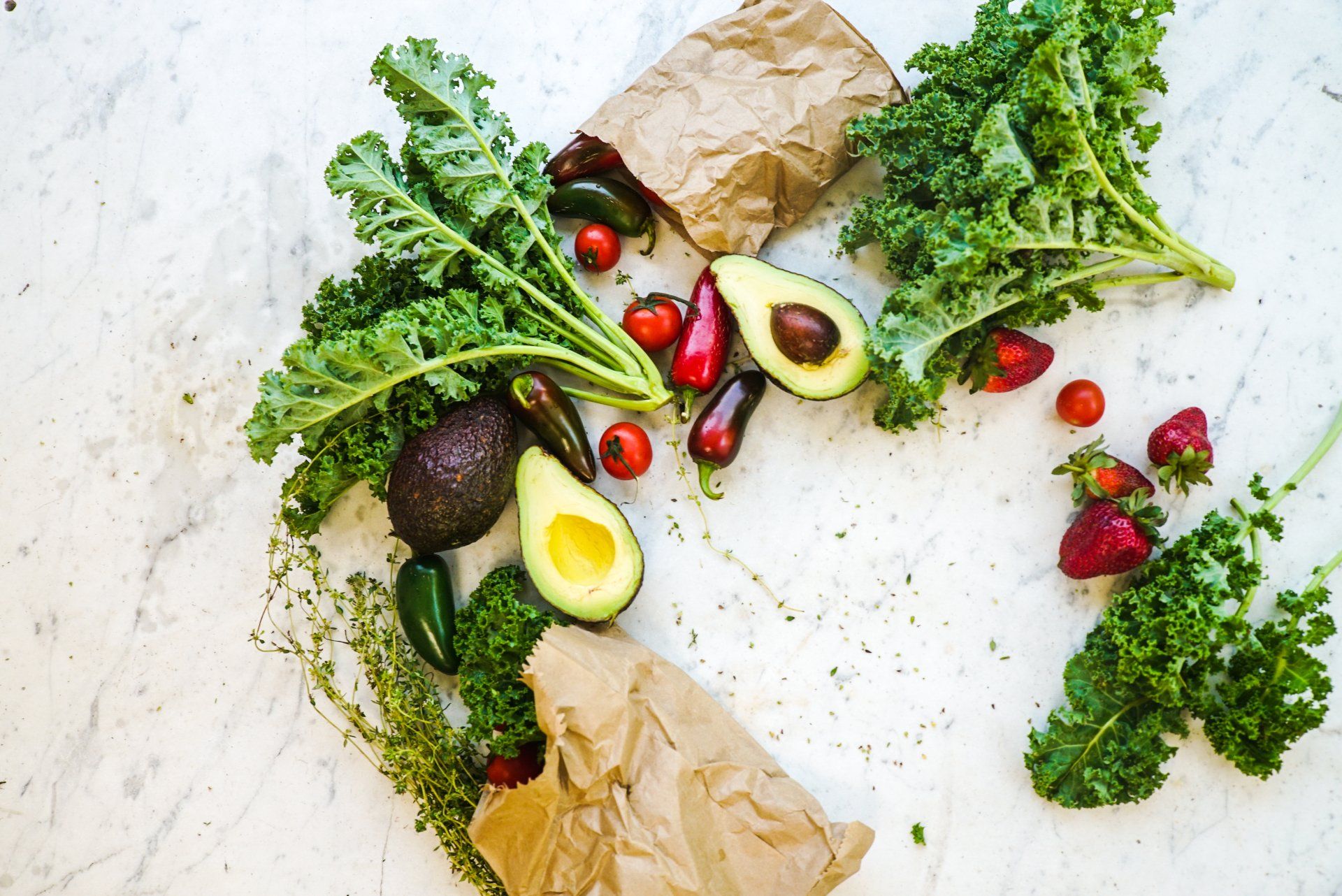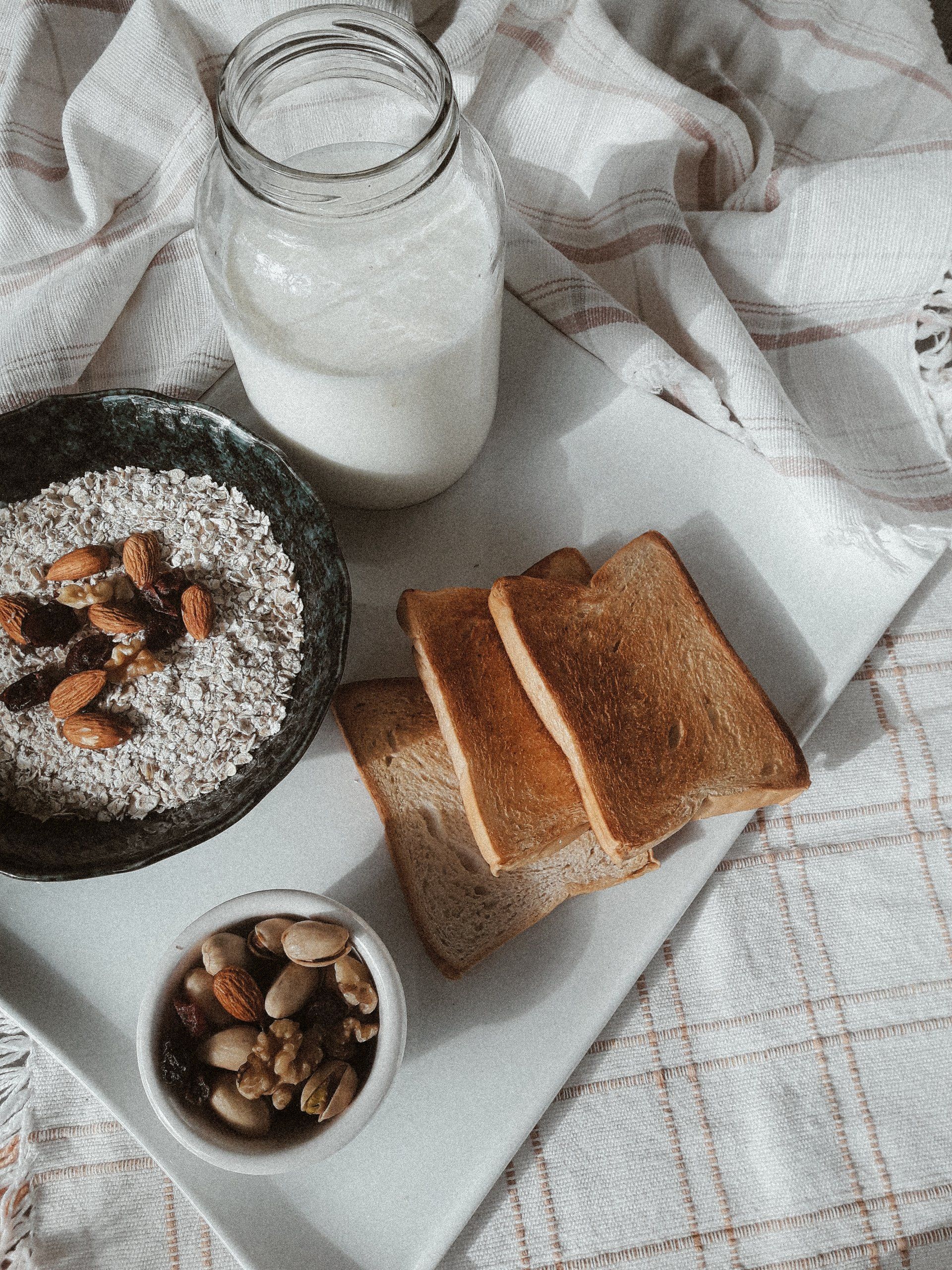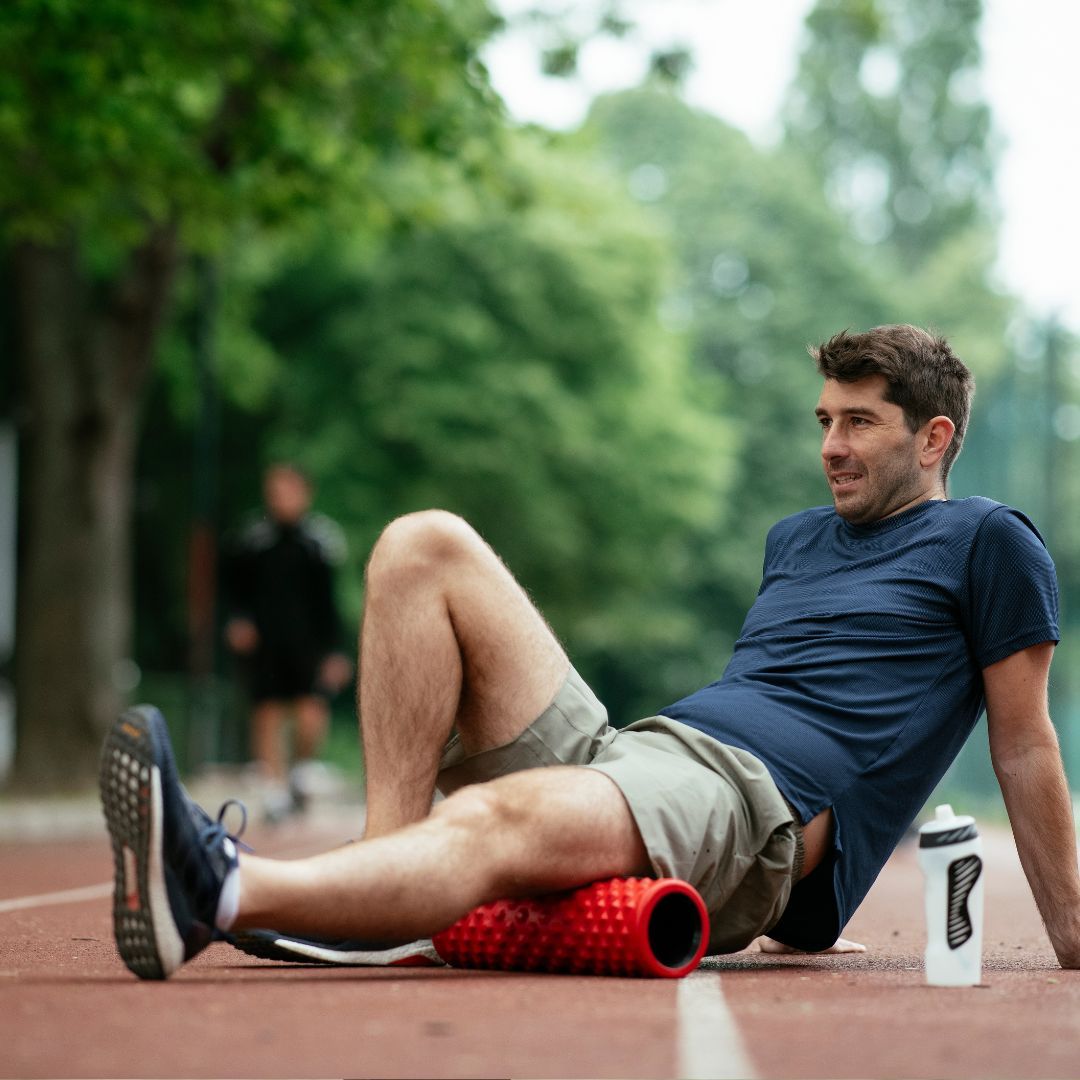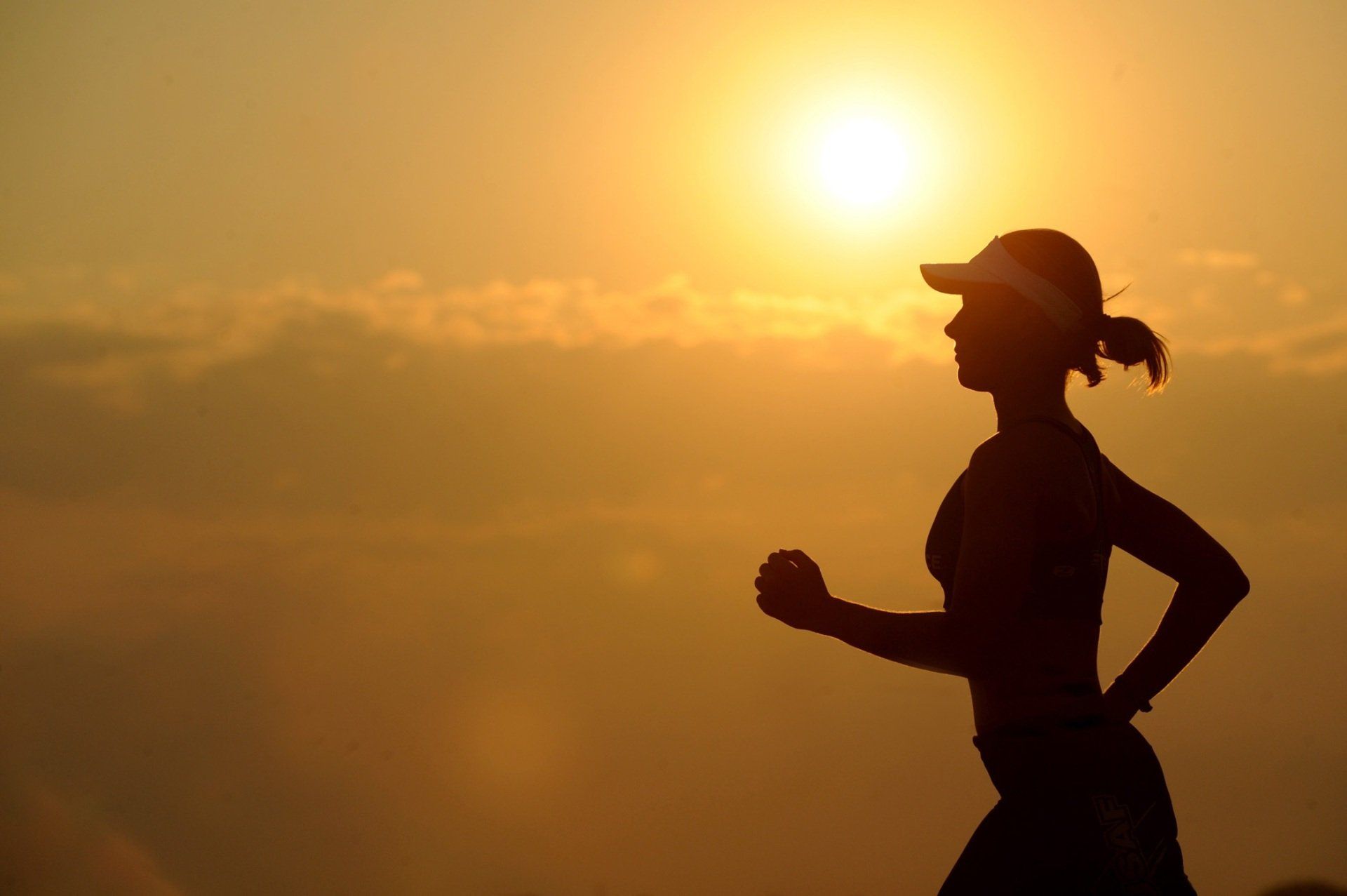Plant-Based Diets for Athletes.
Meeting Nutritional Needs and Maximising Performance on a Vegan or Vegetarian Diet
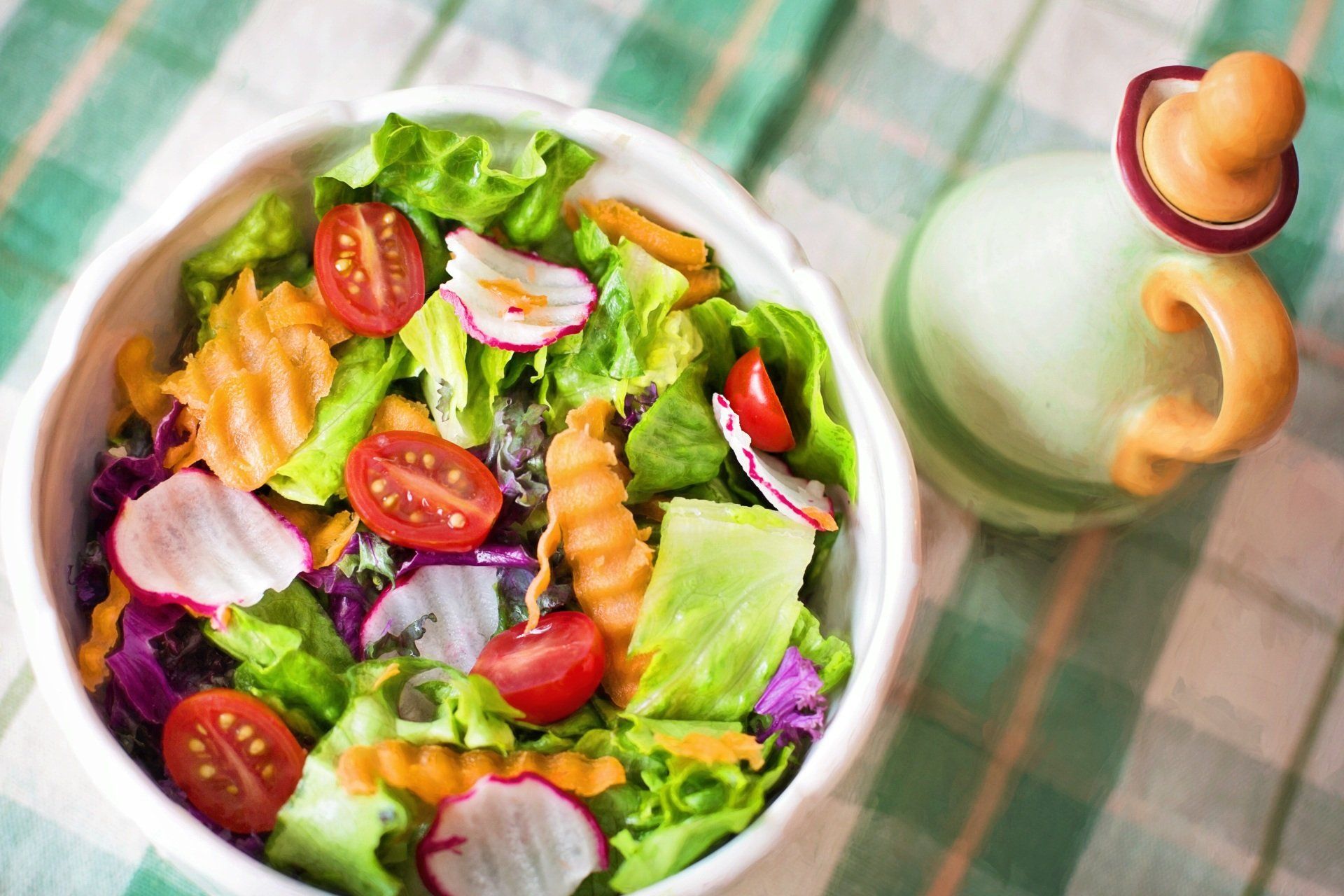
As more people embrace plant-based diets for health, environmental, and/or ethical reasons, athletes are increasingly looking for ways to meet their nutritional needs and maximise performance on a vegan or vegetarian diet. With proper planning and attention to key nutrients, athletes can achieve optimal performance and health while adhering to a plant-based diet. This article will discuss essential nutrients, food sources, and strategies for athletes following a vegan or vegetarian diet.
Protein
Protein is crucial for muscle repair, growth, and overall athletic performance. Plant-based athletes can easily meet their protein needs by consuming a variety of protein-rich plant foods, such as beans, lentils, tofu, tempeh, seitan, quinoa, and nuts. To ensure a complete amino acid profile, athletes should consume a mix of different plant-based protein sources. Current research recommends that athletes consume 1.2-2.0 grams of protein per kilogram of body weight daily, depending on training intensity and goals.
Iron
Iron is essential for oxygen transportation and energy production in the body. Plant-based athletes need to be aware of their iron intake, as plant-based iron (non-heme iron) has a lower bioavailability than heme iron found in animal products. To optimise iron absorption, athletes should consume iron-rich plant foods, such as spinach, kale, beans, lentils, tofu, and fortified cereals, alongside vitamin C-rich foods like capsicums, tomatoes, and citrus fruits. Additionally, athletes should avoid consuming iron inhibitors, such as tea, coffee and calcium-rich foods with meals.
Calcium
Calcium is vital for bone health, muscle function, and nerve transmission. Plant-based athletes can obtain calcium from fortified plant-based milks, tofu, leafy green vegetables, and calcium-set tofu. It is essential for athletes to consume adequate calcium to prevent bone loss and reduce the risk of stress fractures.
Vitamin D
Vitamin D is essential for bone health, immune function, and muscle function. Since vitamin D is primarily synthesised by the body through sun exposure, athletes following a plant-based diet should consider supplementation, especially during winter months or if they live in areas with limited sunlight. Additionally, some fortified plant-based milks and cereals may provide vitamin D.
Vitamin B12
Vitamin B12 plays a crucial role in energy production, red blood cell formation, and nerve function. As vitamin B12 is not naturally present in plant-based foods, athletes should consume fortified foods, such as plant-based milks, nutritional yeast, and breakfast cereals, or take a B12 supplement to meet their needs.
Omega-3 Fatty Acids
Omega-3 fatty acids are essential for brain health, reducing inflammation, and promoting heart health. Plant-based athletes can obtain omega-3s from sources such as chia seeds, flaxseeds, walnuts, and algae-based supplements.
By focusing on consuming a variety of nutrient-dense foods and supplementing as needed, plant-based athletes can not only maintain their health but also excel in their athletic pursuits. Regularly consulting with a registered nutritionist, especially one with experience in sports nutrition such as myself, can be beneficial in creating a personalised meal plan that meets individual nutritional requirements and training goals.
It is important to remember that transitioning to a plant-based diet may require a period of adjustment. Athletes should monitor their energy levels, recovery, and performance closely and make any necessary modifications to their diets. This may include increasing calorie intake, adjusting macronutrient ratios, or supplementing with specific nutrients.
Finally, it is essential to consider the environmental and ethical implications of following a plant-based diet. While this dietary approach is thought to reduce an individual's carbon footprint (the effect of more land and water needed for vegetable farming has not been assessed on carbon-footprints) and promote animal welfare, it is crucial to remember that the primary goal of a plant-based diet for athletes is to support optimal health and performance. By consuming a variety of nutrient-dense plant-based foods and adopting strategies to optimise nutrient absorption, athletes can successfully meet their nutritional needs and excel in their chosen sports while adhering to a vegan or vegetarian lifestyle.
In conclusion, plant-based diets are a viable option for athletes, providing the necessary nutrients for optimal performance and recovery. With proper planning, a variety of nutrient-dense foods, and attention to potential nutrient gaps, vegan and vegetarian athletes can achieve their athletic goals. By staying informed, working with a qualified sports nutrition professional, and regularly monitoring their progress, plant-based athletes can maintain a well-rounded diet and achieve peak performance in their chosen sports. Email me if you want some help with your diet so you can achieve your running goals!
References:
American Dietetic Association, Dietitians of Canada, & American College of Sports Medicine. (2009). American College of Sports Medicine position stand. Nutrition and athletic performance. Medicine and Science in Sports and Exercise, 41(3), 709–731.
Rogerson, D. (2017). Vegan diets: practical advice for athletes and exercisers. Journal of the International Society of Sports Nutrition, 14(1), 36.
Thomas, D. T., Erdman, K. A., & Burke, L. M. (2016). Position of the Academy of Nutrition and Dietetics, Dietitians of Canada, and the American College of Sports Medicine: Nutrition and Athletic Performance. Journal of the Academy of Nutrition and Dietetics, 116(3), 501-528.
